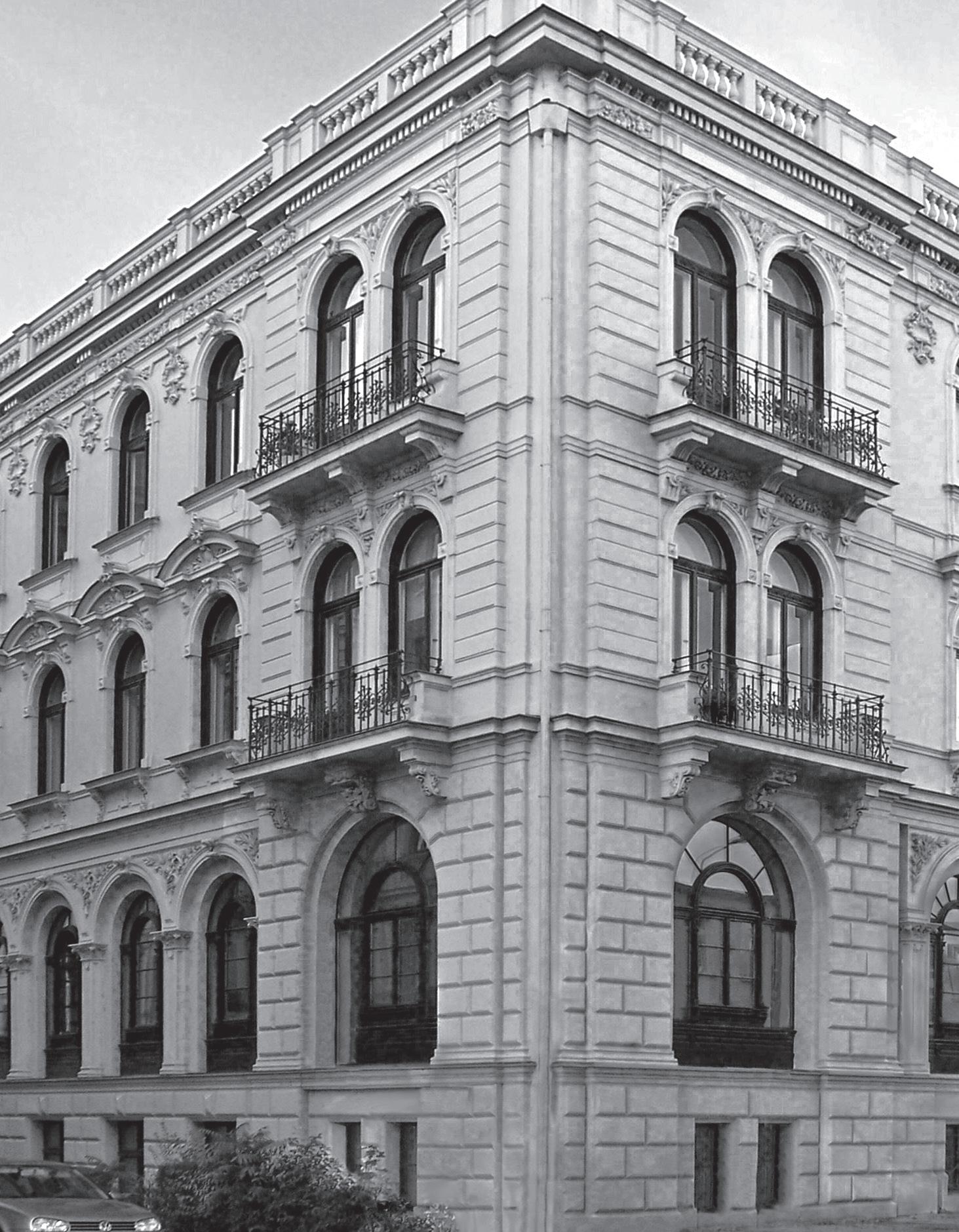BOLLON
Vonne Endlichkait
6 Lieder nach Gedichten von Günter Grass für Sopran oder Alt und Orchester
Partitur


6 Lieder nach Gedichten von Günter Grass für Sopran oder Alt und Orchester
Partitur

1) Vogelfrei
2) Sepia natur
3) Allabendliches Gebet
4) Einst
5) Angst vor Verlust
6) Vonne Endlichkait
Seite 1
Seite 21
Seite 35
Seite 43
Seite 55
Seite 69
Mit Dank an Frau Ute Grass für die freundliche Erlaubnis, die Gedichte von Günter Grass vertonen zu dürfen.
In der Singstimme sind beide Fassungen notiert. Die oberen Töne sollen nur mit Sopran, die unteren nur mit Alt gesungen werden. Die zwei Fassungen nicht vermischen!
Das letzte Lied Vonne Endlichkait soll nur bei richtiger Aussprache des Dialektes aufgeführt werden.
Flöte (auch Piccolo und Bassflöte)
Englisch Horn (auch Oboe)
2 Klarinetten
Bassklarinette
Kontrafagott
4 Hörner
3 Posaunen
Schlagzeug:
Marimba, Vibraphon, Glockenspiel, Crotales, Röhrenglocken, 2 Bongos, Tamtam, Nietenbecken
Keyboard
Harfe
Streicher
Dauer: ca. 22 Minuten
Uraufführung:
12. Juli 2022, Theater Freiburg, Philharmonisches Orchester Freiburg, dirigiert von Fabrice Bollon
Ce petit cycle qui modestement chante ce certain âge
Qui n’a de certain
Que plus rien n’est certain, Maman, Je te le dédie.
Score in C
für Sopran oder Alt und Orchester
Musik: Fabrice Bollon Gedichte: Günter Grass
gestückeltzuHäppchenSchlaf
UntergestricheltenSchatten
do
Hautwechseln,als
Manmussihnvonhintenanschwimmen,
pococresc.
pococresc.
pococresc.
pococresc.
pococresc.
pococresc.
pococresc.
pococresc.
pococresc.
wurdedieLuftknapp.
Abtauchen,umabermals.
strengerwerdendenGeruch;
Gliederschreckte,
inSütterlinaufjedeWandge
cresc.pocoapoco
cresc.pocoapoco
cresc.pocoapoco
cresc.pocoapoco
cresc.pocoapoco
cresc.pocoapoco
cresc.pocoapoco
cresc.pocoapoco
cresc.pocoapoco
cresc.pocoapoco
cresc.pocoapoco
with the fingers on the corpus of the instrument, delicately not together, free.
pItshouldsound"p". Thisactionwillhavepossiblytobeplayed"f"
with the fingers on the corpus of the instrument, delicately not together, free.
pItshouldsound"p". Thisactionwillhavepossiblytobeplayed"f"
with the fingers on the corpus of the instrument, delicately not together, free.
pItshouldsound"p". Thisactionwillhavepossiblytobeplayed"f"
with the fingers on the corpus of the instrument, delicately not together, free.
p Itshouldsound"p". Thisactionwillhavepossiblytobeplayed"f"
Schneckehatsichspurlosverkrochen.
with the fingers on the corpus with the fingers on the corpus with the fingers on the corpus

For more than 200 years, Edition Peters has been synonymous with excellence in classical music publishing. Established in 1800 with the keyboard works of J. S. Bach, by 1802 the company had acquired Beethoven’s First Symphony. In the years following, an active publishing policy enabled the company to expand its catalogue with new works by composers such as Brahms, Grieg and Liszt, followed in the 20th century by Richard Strauss, Arnold Schoenberg and John Cage.
Today, with its offices in Leipzig, London and New York publishing the work of living composers from around the world, Edition Peters maintains its role as a champion of new music. At the same time, the company’s historic and educational catalogues continue to be developed with awardwinning critical and pedagogical editions.
Seit über 200 Jahren steht die Edition Peters für höchste Qualität im Bereich klassischer Notenausgaben. Gegründet im Jahr 1800, begann der Verlag seine Tätigkeit mit der Herausgabe von Bachs Musik für Tasteninstrumente. Schon 1802 kamen die Rechte an Beethovens erster Sinfonie hinzu. In der Folgezeit wuchs der Katalog um neue Werke von Komponisten wie Brahms, Grieg und Liszt sowie – im 20. Jahrhundert – Richard Strauss, Arnold Schönberg und John Cage.
Als Verleger zahlreicher zeitgenössischer Komponisten aus aller Welt ist die Edition Peters mit ihren Standorten Leipzig, London und New York auch weiterhin Anwalt neuer Musik. Zugleich wird das Verlagsprogramm im klassischen wie im pädagogischen Bereich kontinuierlich durch vielfach preisgekrönte Ausgaben erweitert.